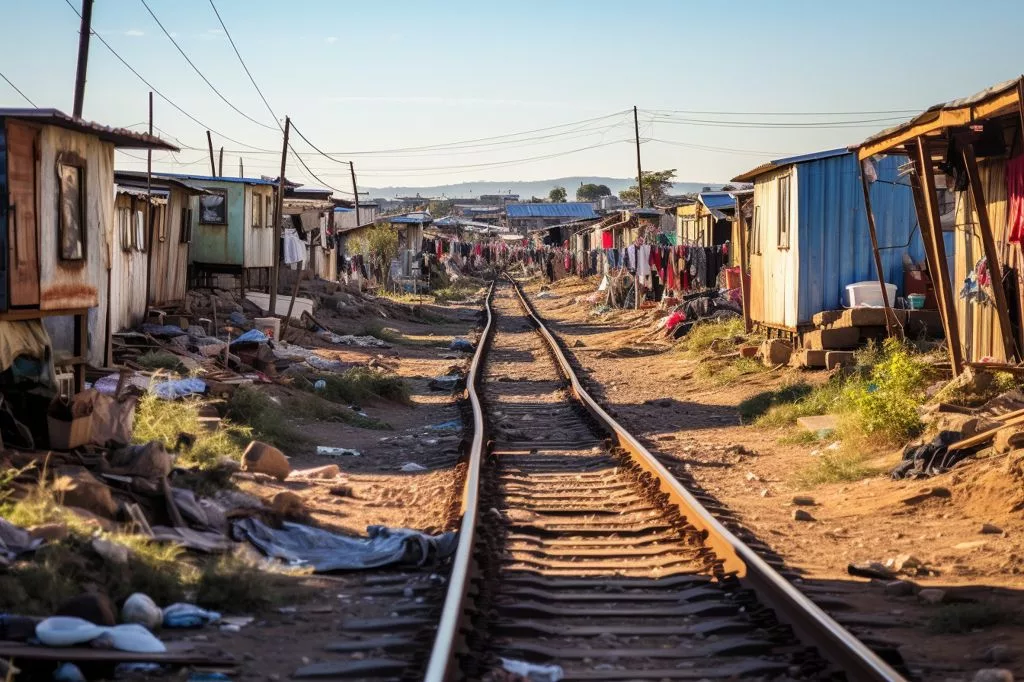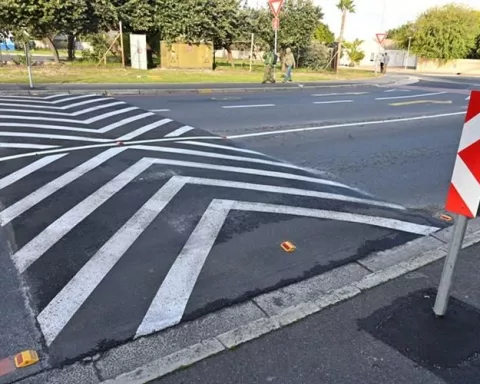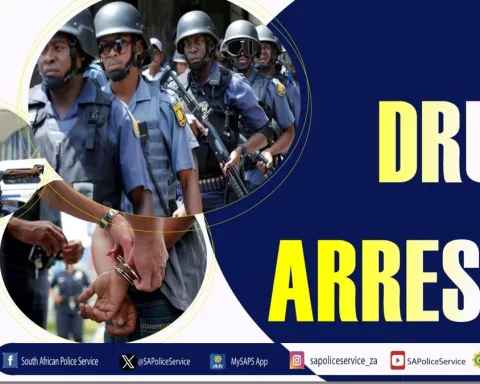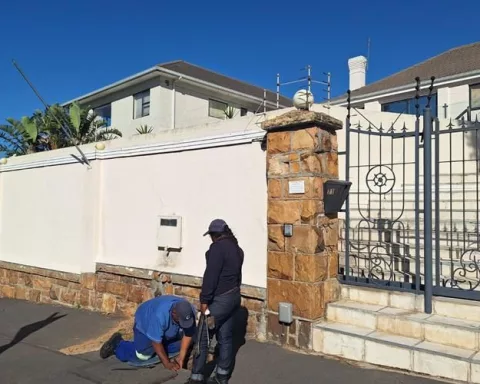The primary obstacle in the revival of Cape Town’s Central Line has been the need for permanent relocation of almost 4,000 households living along the railway. Finding suitable land and acquiring it remains a major challenge, and delays in rezoning and funding, as well as conflicts over land acquisition, have hindered the process. The success of Operation Bhekela depends on collaboration and securing necessary funding and land for permanent relocations. The project is expected to provide 100 jobs, which will be allocated to residents of the area.
What are the challenges in restoring Cape Town’s Central Line?
Reviving Cape Town’s Central Line has been challenging due to the need for permanent relocation of almost 4,000 households living along the railway. Finding suitable land and acquiring it remains the primary obstacle. The process has been hindered by delays in rezoning and funding, as well as conflicts over land acquisition. The success of Operation Bhekela depends on collaboration and securing necessary funding and land for permanent relocations.
Central Line Revival Hindered by Relocation Challenges
Reviving Cape Town’s Central Line to Khayelitsha has proven to be a monumental task for the rail network. The permanent relocation of households living along the railway remains a massive hurdle, as almost 4,000 households reside on PRASA-owned property around Nyanga in Philippi. This predicament occurred during the Covid lockdown in 2020 when shacks were built on the rail reserve and rail line in Langa, Nyanga, and Philippi, effectively ceasing rail service since October 2019 due to theft and vandalism.
The primary obstacle in the rejuvenation effort, known as Operation Bhekela, is finding suitable land to permanently house the families living along the line. Ndumiso Mkhwanazi, the provincial leader of the Housing Development Agency (HDA), estimates that R117-million is required to relocate the families in Langa alone. A total of 3,941 households live on PRASA land in Philippi and Khayelitsha, with 891 temporarily moving to an area adjacent to Stock Road train station in Philippi.
Land Acquisition and Rezoning Delays
Land for the Langa families has been identified, and a rezoning application was submitted to the City of Cape Town in August. However, the rezoning process will not be finished until March next year, with funding for the relocation anticipated to come from the Informal Settlements Upgrading Grant in the 2024/25 fiscal year. Consequently, the estimated completion date for the Langa relocation is February 2025.
Securing land for the Philippi and Khayelitsha families remains a challenge. About R50-million is necessary to obtain land, with National Treasury meetings indicating the earliest funding could be procured through the mid-term budget adjustment. The timeframe required to finalize permanent accommodations represents the primary risk to Operation Bhekela, as communities have voiced their desire for confirmation of their ultimate relocation destination.
Temporary Housing and Community Engagement
Evaluations for temporary housing near the Stock Road station are complete, with land deemed suitable but needing leveling, sloping, and fencing. Furthermore, access roads for vehicles, buffers for electrical power lines, and provisions for traditional Xhosa initiation rituals must be taken into account.
PRASA CEO Hishaam Emeran has reported extensive interaction with the communities residing along the Central Line. Discussions have focused on job opportunities related to the relocation effort, the resumption of work on the Philippi station, and continued engagement with the Philippi business forum.
Job Opportunities and Land Disputes
The relocation project is expected to provide 100 jobs, allocating 60 to residents of ward 88 and 40 to the families being relocated. The City of Cape Town has consented to supply services to the site, with concrete slabs for temporary housing already being pre-cast off-site. The land clearing and fencing are projected to take about ten days.
Conflicts over land acquisition have emerged between the Department of Human Settlements and the City of Cape Town. The Department allocated R50-million to the City in March for land acquisition, but the City returned the funds to the National Treasury, asserting the money could not be expended within the two months left in the fiscal year. The precise nature of the dispute remains uncertain, with the Department of Cooperative Governance and Traditional Affairs (COGTA) potentially being summoned to mediate.
Future Outlook: Collaboration and Funding Key to Success
As the Central Line restoration effort in Cape Town persists, the intricate endeavor of relocating thousands of households and addressing community needs remains a significant challenge. The long-term success of Operation Bhekela will rely on the cooperative efforts of multiple government agencies and the ability to secure the necessary funding and land for permanent relocations.
1. What is the primary obstacle in the revival of Cape Town’s Central Line?
The primary obstacle in the revival of Cape Town’s Central Line has been the need for permanent relocation of almost 4,000 households living along the railway.
2. How many households live on PRASA land in Philippi and Khayelitsha?
A total of 3,941 households live on PRASA land in Philippi and Khayelitsha.
3. What is the estimated cost to relocate the families in Langa alone?
Ndumiso Mkhwanazi, the provincial leader of the Housing Development Agency (HDA), estimates that R117-million is required to relocate the families in Langa alone.
4. What is the estimated completion date for the Langa relocation?
The estimated completion date for the Langa relocation is February 2025.
5. How many jobs are expected to be provided by the relocation project?
The relocation project is expected to provide 100 jobs, allocating 60 to residents of ward 88 and 40 to the families being relocated.
6. What are the conflicts over land acquisition?
Conflicts over land acquisition have emerged between the Department of Human Settlements and the City of Cape Town. The Department allocated R50-million to the City in March for land acquisition, but the City returned the funds to the National Treasury, asserting the money could not be expended within the two months left in the fiscal year.
7. Who may potentially mediate the dispute over land acquisition?
The Department of Cooperative Governance and Traditional Affairs (COGTA) may potentially be summoned to mediate the dispute over land acquisition.
8. What is the long-term success of Operation Bhekela reliant on?
The long-term success of Operation Bhekela will rely on the cooperative efforts of multiple government agencies and the ability to secure the necessary funding and land for permanent relocations.












